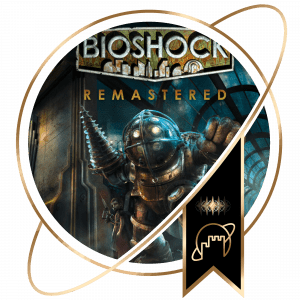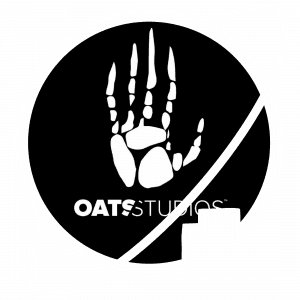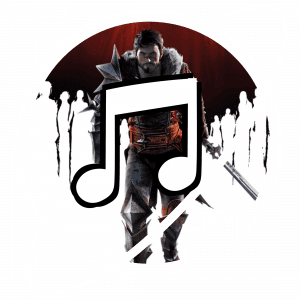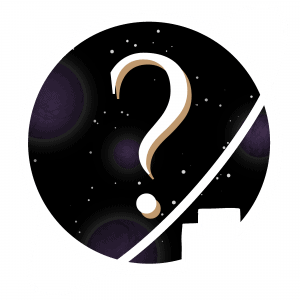- Book written by David Mitchell
- Published in 2004
- Stand Alone
Cloud Atlas is a collection of six intertwined short stories spanning across different times, settings, genres and styles, sharing themes and references, forming a single tale told through six beginnings and six ends: a pacific explorer, a novice composer, an intrepid journalist, a struggling editor, a factory clone and a survivor of the apocalypse share a single stage in their struggle against the systems of power in their respective times.
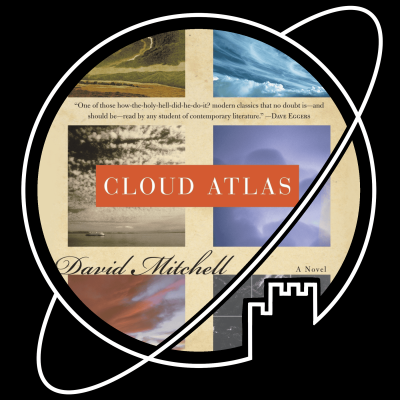

Cloud Atlas is one of those books that I think truly deserves to be called a masterpiece. The six storylines are all written in such different styles and voices that it is almost hard to believe they were written by the same author. And yet, different as they are, they do speak to each other.
All stories share a theme of rebelling against oppression, and through the repetition of this theme throughout different ages and contexts the stories seem to amplify one another. Together with the original settings, complex characters and beautiful language, I found Cloud Atlas to be an extraordinary reading experience.
While each story has its merits, I found the first one not the easiest to get through. Set in 1850, it is written in an older writing style that can be a little dense. Don’t let this deter you from persevering through to the next stories, because it is absolutely worth the effort you will put in.

The way I see it, instead of writing several potentially good books, Mitchell wrote one mediocre book. I hesitate to call it a novel.
For me, this entire book was leading up to a climax that just… did not come. From the very first switch of characters and setting, I assumed that at a certain point we would see a clear connection between the stories – a eureka moment that ties it all together with a neat little bow. Imagine my disappointment when such a moment never came.
This book is very popular, so clearly this format does work for a lot of other people, but I Just Don’t Get It. If you enjoy books with a beginning, a middle, and an end – this may not be for you. If you love short stories, this might well be your vibe. I don’t really enjoy short stories, unless they end in a way that’s really smart (as far as I’m concerned, Cloud Atlas does not). Perhaps the most frustrating thing about the book for me, is that it would have been relatively easy to connect the stories in a way that makes sense and feels satisfying. Mitchell just chose not to. Why??







